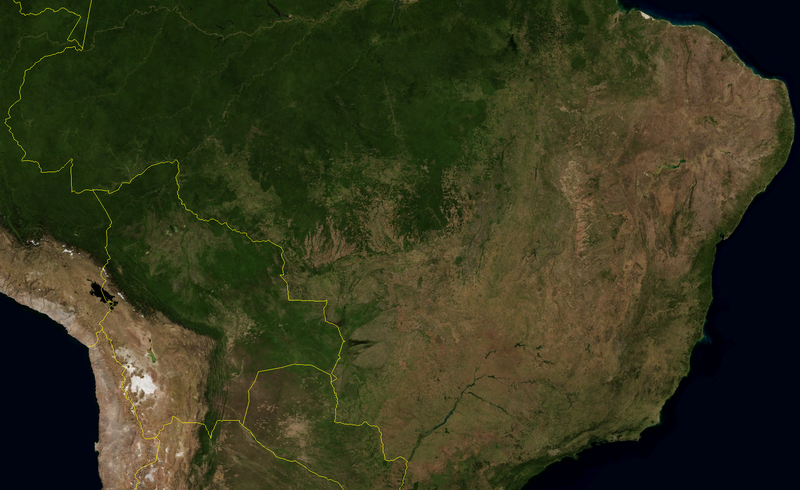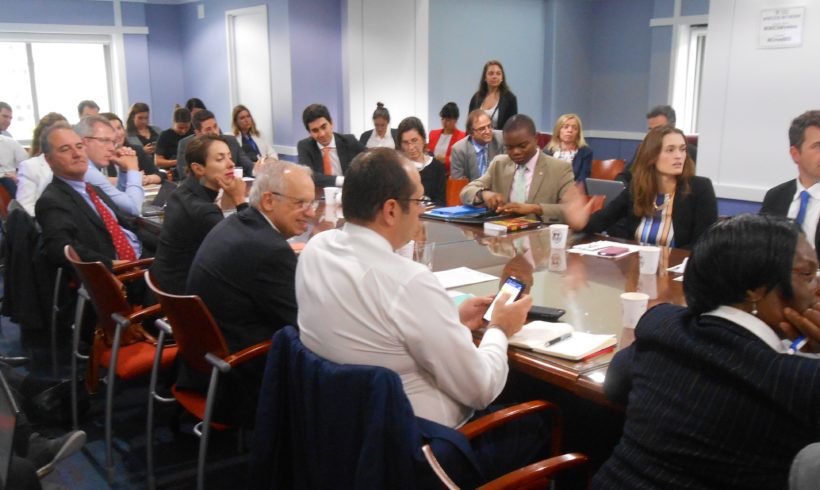Wind energy in Brazil is growing through competition and attracting foreign companies interested in investing in a low carbon future. Major companies, such as EDF, EDP and Stategrid (via CPFL) were amongst the successful bidders in the latest energy auction, which will add 2.1 GW of new installed capacity to the grid as disclosed by the Electricity Regulatory Agency (ANEEL). In 2017, Brazil was ranked the 2nd country by Bloomberg’s Climatescope, which compares the environment for clean energy and climate investment worldwide.



